Ghastly Grinning founder and editor Ryan Larson sits down to talk about his new charity partnership, his love of the genre, and the way horror healed him.
Horror heals. For the uninitiated, who know the genre primarily by homicide and hockey masks, that might sound like a contradiction in terms. But the passionate and the faithful know — you can’t put it much better than that.
Ghastly Grinning founder and editor-in-chief Ryan Larson knew it, too. In a few weeks, his charity partnership with the Texas-based non-profit Stop the Stigma will go live at HorrorHeals.org. Their mission is pure, simple, and right on time: breaking down the barriers of mental illness. Accepting it. Living with it. Finding help. Educating friends and family on the effects.
Stop the Stigma has been fighting that good fight since 2016. And now, with Horror Heals, Ryan is mobilizing the genre that gave him so much to give something back. Horror saved his life, and now he’s paying it forward.
INTERVIEW WITH RYAN LARSON
Jeremy Herbert: For the folks at home, you are the founder and editor-in-chief of Ghastly Grinning. Obviously horror is not a fad for you that you decided, one morning, to get into.
Ryan Larson: [laughs] It is not.
JH: So what is your origin story? What movie did you see on basic cable that you shouldn’t have?
RL: Oh man. I have two origin stories, really. One that got me interested and then one that made me fall in love. What got me interested, when I was three or four-years-old — it’s one of my earliest memories — I watched Jaws on TNT, USA, some network. It scared the hell out of me and, immediately after, my mom comes downstairs and goes, “What are you doing? We’re going to the lake. You’re supposed to be getting ready!” And I was like, “…we’re going where?” So I think that’s what got me interested in that feeling of that fear, that kind of adrenaline. What really made me fall in love was, not very long after, my mom bought me my first comic book, which was Uncanny X-Men number 159.
JH: [laughs] Wow. Good for you.
RL: [laughs] Yeah, I literally have it tattooed on my body. It’s X-Men versus Dracula. I fell in love with comics and horror, I think, at the same time. That singular issue just fascinated me, these characters fighting this entity. So I immediately started chasing down both characters and that led me to the Universal Monster movies for Dracula. My mom wasn’t religious and she wasn’t particularly strict, but she did have a thing with rated-R movies. I couldn’t watch rated-R movies til I was a little older. When I was a kid, she wanted to allow me my pursuit of this passion, so she made me a deal that I could watch any horror movie as long as it was black-and-white. Looking back now, I realize I could’ve exploited that, but I was too young to realize that then.
JH: You could’ve gone for the Eraserhead defense.
RL: Yeah! Eraserhead, Psycho. Lots of stuff that was a lot darker than Universal. But I stuck with Universal and fell in love with the Monsters.
JH: Were you disappointed that there were no X-Men in Dracula?
RL: I don’t know, actually. I don’t remember. I have numerous pictures; I think I was Dracula two years in a row for Halloween. So the character definitely fascinated me. And he also reminded me a lot of Batman, which was another one of my early childhood fascinations.
JH: Just two different batmen.
RL: Exactly. And then it just carried on from there. So I was always lightly involved in horror, always wanting to watch horror movies. And then it wasn’t really until probably I was like 14 or 15 and I started staying the night at my friends’ houses and their parents would let us rent whatever we wanted. That’s when I started watching anything I could get my hands on. And Scream became the movie that really was my big influence in the horror world and it’s been pretty much nonstop since.
JH: At what point in your love affair did you start understanding the very human storytelling of the genre?
RL: Not until much later. I fell in love with it, but it was very much “me and my friends get together, put on a cheesy horror movie, and have a blast watching it” for a really long time. But I was probably 22 or 23. I was always interested in writing, and film had become a passion of mine. I started just pitching for freelance gigs anywhere, and Ryan Turek was still managing Shock Til You Drop back then, before he became the big shot over at Blum. [laughs]
He gave me a shot with some freelance work. The first review I ever wrote, he messaged me back and said, “Hey I can’t publish this — it’s too mean. They’re still trying to get this distributed.” I think that actually was the first time where I really had a reality check and was like, “Whoa, I need to not approach things from how I think film analysis goes, but approach it from the fan perspective and from the human perspective.”
JH: The Roger Ebert definition of movies as “empathy machines.” That’s when you realized you can’t try to outsmart these things, that’s not what they’re there for.
RL: Absolutely. Yeah, Ebert’s a huge influence on me. I think a lot of people in my generation grew up with the internet. I had dial-up internet in the fifth grade. I think so much of our generation spent a lot of time with people who saw and were inspired by things like Mystery Science Theater 3000 and Joe Bob Briggs, but didn’t have the refinery to realize that those programs weren’t taking digs at things. They were still analysis and still trying to highlight things. [Some people] instead just took the most negative aspect and were like, “How can I look at this and criticize it and be funny about how mean I am?” There were things like Angry Video Game Nerd. I used to read Electronic Gaming Monthly. There was an article in the back by a writer named Seanbaby and he would just tear games apart in the most vicious way possible.
JH: [laughs] I remember that column.
RL: Yeah! I think I kind of grew up in a generation that thought, “Yeah, this is analysis.” People think you’ll get hits and you’ll get views and you’ll get readers if you’re funny about tearing things down. And then I came around and realized, “No, no, that’s not analysis.” That’s cheap and easy and everyone can do that. It wasn’t until a little later that I subscribed to the Roger Ebert way to view things.
JH: The beauty of MST3K, of Joe Bob, of Elvira is celebrating these one-of-a-kind pieces of art that may not be one-of-a-kind for the same reasons they hang things in the Louvre. There’s a community to it. Is there a straight line for you, from watching cheesy horror movies in the basement with your buddies, to where you are now, as the head of your own horror site devoted to the genre and its community?
RL: I give a lot of credit to Ryan Turek for my whole journey. Once he left Shock, I was no longer writing. So I was kind of just dead in the water. I’d reached out to numerous other outlets, but no one was really looking because it was this in-between, before the resurgence of horror we’ve had in the past couple years. I had all these things to say and nowhere to say it. I hadn’t found “Horror Twitter” yet. I stumbled across the Shock Waves podcast, because I followed Ryan Turek’s career, and once I got into Shock Waves and found this community he introduced me to, of the other hosts, Rebekah McKendry, Elric Kane, and Rob Galluzzo.
These four people who love the genre and were there to promote it and, even though two of them might love a project as ridiculous as Project: Metalbeast and Bekah’s going to go off about her nunsploitation movies and Elric is gonna give me some movie I’ve never heard of in my life that’s absolutely crazy, they’re all there to champion the genre and talk about it in a positive light. Even if they don’t like a movie, they don’t drag it. They can still critically analyze something, but they don’t drag the movie. And I wanted to bring that out in a way.
So I messaged Rob and Ryan at the time and was like, “Hey, I want to make a Facebook fan club, the Shock Waves Horror Movie Club.” They were like, “Yeah, go ahead, that’s good.” I reached out and added some friends and some mutuals on Twitter. We had eight, 12, 15 members and then they bring it up on the episode one day. Suddenly I’m looking at my phone and we have 1,200 members. Now we’re up to 8,000.
All that credit goes to BJ Colangelo, who’s another mentor for me. She’s the moderator mom and does so much work in that group to keep it positive and a safe space for horror fans. The other moderators, Ian Crocs Stanley, Ian West, and Michele Eggen, all work really hard at making that a fun, space place to go. So that was my next step at cracking this community of positivity and celebrating the thing that we all love so much.
JH: How do you go from that community to launching your own horror site?
RL: There were some early members of the club, that, we found ourselves constantly talking. I’m not going to lie. I got drunk one New Year’s Eve and created a private chat with about six of them. I was like, “You guys are my favorite people to talk to in here, not just because we all agree on horror movies, but because we all agree on what we want the world to be.”
We want this world to be a better place. What we want and love about the horror genre is that it is this kind of misfit and outcast, and we want to continue to grow that but also champion things like LGBTQIA representation. Female representation. Minority representation.
We decided to create Ghastly Grinning off the name of an episode of Are You Afraid of the Dark? Our mantra became “Make Horror Happy”. We were seeing a lot of negativity in the world. It was a tumultuous time. I’m not afraid to put out there that the election was going down and a lot of people were worried about the person who was going into office.
JH: Who could you possibly mean?
RL: [laughs] Right! Everyone was just in this weird place where things felt very hopeless or bleak. It wasn’t just what was happening here. It was everywhere you look. And the news does that. It props up negativity because that’s what draws people in. I get it, but at the same time I felt like people should have somewhere to go to celebrate and love the things that they love. It wasn’t like every article being published everywhere was negative.
But I’d see, even on bigger websites and publications that don’t necessarily understand the genre, just negative things. So I was like, “We need somewhere where we can celebrate this thing that we all love.” Because we all love it. Why are we constantly looking for ways to put it down? Let’s build it up. That’s where we decided to make Ghastly Grinning. Just like the Shock Waves Movie Club, a safe place for horror fans.
We have always promoted and advocated for the advancement of queer horror, female representation, minority representation. Those are all big goals for us. No matter what, what I want people to know when they go to the website, they’re never going to see anything tearing anyone down. That was the goal.
JH: There’s another group, across all genders, sexualities, and races, that has received greater recognition, understanding, and sensitivity in recent years – people affected by mental illness. Which is exactly who Stop the Stigma, the charity you’re working with, is dedicated to helping. How’d you get involved with the organization?
RL: I’ve been trying to get more involved in the horror industry on a personal level, which has been difficult because I live in Sacramento and work 40-plus hours a week. I have a full-time job, and when I’m not working at my full-time job, I’m working on the site or trying to build relations, so it’s just hard to get away sometimes when you’re not being paid to do so.
But I really made it a goal last year to at least make it to one event. Like, “I really want to go. What’s the event that I want to go to?” And I decided I wanted to go to Texas Frightmare Weekend because I know Shock Waves is going to be there, and those are friendly faces, and I’ve always just heard really positive things about it. I had some fellow writers from Ghastly Grinning and I was like, “This’ll be a great chance to meet them.” Up until that point, I hadn’t met any of the other writers.
While I was there, I ran into Stop the Stigma. They’re based out of Texas. They’re a non-profit organization and their mission is to stop the stigma that society places on mental illness and those who seek help for mental illness. Their whole goal is to really break down those barriers and those walls that society has built up and made talking about mental health a scary thing or a taboo thing. Break those down, as well as helping people be able to reach out and find low-cost mental health counseling services. They also do public education awareness programs about the objective of these things. So it’s really even for people, for their families and for their friends, to be able to understand why it’s important. To be able to understand what is happening to these people, what these people that they love are going through and dealing with.
I fell in love with that message specifically because I, myself, last year went through a very sudden divorce. And I spiraled. It was the first time in my life where I really had to look at myself and my own mental health issues because I became incredibly depressed. Very suicidal. It was a very scary thing.
What dragged me out of that darkness, that hole, was the horror community. It was the people I’d met specifically in that community. Definitely my close friends were there. My family.
But what really was able to help me and pull me out was being able to tune out sometimes and just listen to Shock Waves. Or just listen to Attack of the Queerwolf. Or listen to Horror Queers. And just talk about this thing that I love that makes me feel good with all of these other people in such a positive way. I wanted to pay back to that community, so I reached out to Stop the Stigma about working together, and we came up with Horror Heals.
JH: As you have this personal connection to the healing power of horror, it seems as if that’s the era we’re entering. Lot of the highest profile horror movies now have an emphasis on trauma, on how we survive. One of the biggest parishioners is Mike Flanagan with The Haunting of Hill House and Doctor Sleep, to name a few. Are there any movies that mean something to you to that end or that you might recommend to somebody who is suffering?
RL: I think the best thing to do if you’re ever looking for that answer is to go to those communities. It’s funny because social media, it can be poisonous, and it can definitely be toxic. It gets painted as such a lot of the time. But people don’t realize how great it is. I see a lot of people talk down on social media. “Oh, people are always on their phone. They have no real connections.” And it upsets me because some of my best friends I’ve made in the past few years have been because of Twitter and the internet. People I’ve met in real life have been because of the internet.
The best thing to do is go out there and say, “Hey, this is what I’m experiencing, and what did you guys see that helped you through this?” Because everyone’s going to have a different answer and it’s not always going to work for you. We’re all different. I think it’s a little dangerous to brush broad strokes. “If you’re suffering from depression, then A, B, and C are right for you.” Certain people will watch those and be like, “Yeah, that was amazing.” Certain people will watch them and they’ll get triggered. And both are okay. Both are acceptable reactions to things. You’ve got to learn what works for you.
I think that’s part of the fun of it, too. It’s crazy to say it’s fun to do that while you’re dealing with it. But mining through these movies and figuring out what speaks to you on that level.
You mentioned Flanagan. I think he’s a huge one. For me, I think Ari Aster and the way he, not necessarily the direct correlation of what happens in Midsommar and Hereditary, but the way Ari Aster portrays grief very differently. It really hits for me and reminds me that everyone grieves differently. It can be in these very big ways or these very little ways and those are all okay. Those movies in particular have really spoken to me through this whole process of what I’ve personally gone through.
For a long time, it was really hard for me to accept that I was allowed to grieve about anything. I felt like I was burdening people with my own trauma and those movies resonated with me a lot because they showcased, “Hey, everyone goes through this differently.”
It’s captured in different ways. It’s wrapped up in very supernatural, terrible ways in those films. That very human message is in the middle of those. Those in particular really speak to me.
JH: Some of the movies I’ve made have similar subtext, and the best possible response is when someone tells me it put words to what they’ve been wanting to say. Modern horror is really finding words for a lot of people.
RL: I think what modern horror does differently is that it’s just a little more bold with what it says. It’s a little less afraid to keep it hidden behind the veneer of something else, but not by much. I think those messages can be found in horror movies going back to the ‘30s. As time moves on, we become more okay with those messages being more bold and audacious and upfront. It becomes a little more apparent. In modern horror movies, it’s not that we’re seeing more of it, we’re just seeing it highlighted more. The type has always been there, but now it’s in bold.
JH: Once upon a time, you couldn’t admit to your direct family that you saw a therapist. Now it’s almost more common to have one, to need one to get by, than not.
RL: Absolutely. That’s part of where the idea for Horror Heals came from. Instagram was going around blocking the hashtag “horror.” And that really bothered me. Because horror has this stigma around it. It’s easy for us to forget because we’re so ingrained in the culture and the world. But I remind myself sometimes and put out there, “I love horror movies-“ “Oh how can you watch that?” And it still has that stigma.
Instagram had inferred that “horror” was this dirty word.
I truly feel, and I say it all the time, that horror saved my life, and I believe that down to my core. That’s not okay, because of that stigma, that we’re going to start censoring the thing that has helped so many people.
The horror fans I know are some of the most open — and it’s not all of them; everything has a bad group of people — but most of them are the most caring, open, honest, selfless people in the world. And they are there as such a community, as such a family for people who are essentially strangers other than this one little bond you have. “You love horror movies? Cool, so do I.”
I’ve seen it come across in so many ways, and that was when I decided I needed to give back to this community. I had remembered Stop the Stigma, and I reached out to them. I pitched them this idea of a charity that I’d been brainstorming for a while. They were the people I really wanted to team up with because we’re both interested in breaking down barriers around stigmas. Mental health is a very important thing to me now and so is horror, so I thought it was just a really great way to give back.
JH: And how can everybody else do that with Horror Heals?
Our goal is to have the website launched in a few weeks: HorrorHeals.org. We want to make sure everything’s good to go right from the start. Our goal is to hopefully have it by Friday the 13th, but the next one is March, and we might not be ready by then because we do have to collect donations. With help from people like you, we’re really trying to signal boost and get the word out there. We want this to be as big as possible.
Partially because I don’t know how many of these we’ll be able to do because of how we’re doing it. What we’re doing is we’re reaching out to people in the genre. Everyone. Artists, podcasters, directors, writers, producers, distributors, publicists, actors, companies. Anyone who has any kind of foothold in horror we’re asking for donations. Whatever they can. If there’s one fanbase in the world that is so rabid for every single piece of memorabilia, it’s horror fans.
What we’re going to do is, once we decide on an official week to launch the charity, we’re going to put everything up for sale. It’s not going to be an auction. Everything goes up for sale and all the proceeds, literally every single dime, will go to Stop the Stigma. Helping them do what they do so well.
JH: Can you tease us with any filmmakers that might be involved? Any props that might be coming up?
I can. We do have some confirmed. Rebekah McKendry, host of Nightmare U, Shock Waves and an inspiration and mentor figure to me. I have stuff that she will be donating from the various projects that she has been a part of. Graham Skipper, a writer-director who’s been involved in everything from the Re-Animator musical to movies like Bliss. He directed Sequence Break. He has stuff that he’s looking around for to donate. I did get confirmation – and this is a bigger one – that the Soska Sisters will be donating to the charity as well. They’re sending something my way. And I’ve had lots of very positive responses from people.
The tricky thing is, a lot of these people don’t get to keep a lot of the stuff that they work on. The film industry is fickle like that. Unless you’re a rather big deal, sometimes it’s harder to get your hands on some props or things like that. I have had people who have been like, “I really want to help but the things that I do have are very sentimental to me, so possibly I can find something else to send your way.”
That is something we’re trying to work around. It’s great, too. Actress Lauren Ashley Carter, who was in Darlin’ and Jug Face, I reached out to her and she was like, “I would love to help, but I just don’t even know what I could give you that people would be interested in.” And I was like, “Literally an autograph.” People would love that. That’s what people go to cons for. People will buy your autograph. She was like, “No one wants my autograph.” And I said, “They definitely do, I promise.”
Right now we do have some other people that I can’t quite mention yet because we’re figuring out exactly how they’re donating, what capacity and what way. But they’ve showed interest or said that they’re going to donate. My goal is to just really get this out there as much as possible. I’ll throw it out in the universe — I want to try to get John Carpenter and Jason Blum to donate, to throw something our way. I think that would be really, really cool and I know those guys are really involved in the community.
JH: Well, I’ll help you boost that signal. Hopefully they hear it.
RL: That’s the goal. I’m very thankful you’re taking time out of your day to reach out to me to help me do that.
JH: And thank you for reaching out. Obviously I know of you, from reading your site, but sometimes it’s easy to mistake different sites for different worlds. It’s easy to forget it’s all the same community.
RL: Oh I totally understand. That’s what I love about the community. It seems very intimidating to reach out to anyone at any level, and then you reach out and everyone’s just the nicest person. Every person I’ve ever reached out to is so nice, even if they can’t help me out. Like, “Oh man, this is awesome! Let me know what I can do and I’m there for you.” Even when it comes to website stuff. People have always just been like, “Yeah, let’s see what we can do.” Try to make it work. “I’m busy right now, but maybe this time or that time.” I just love this community.


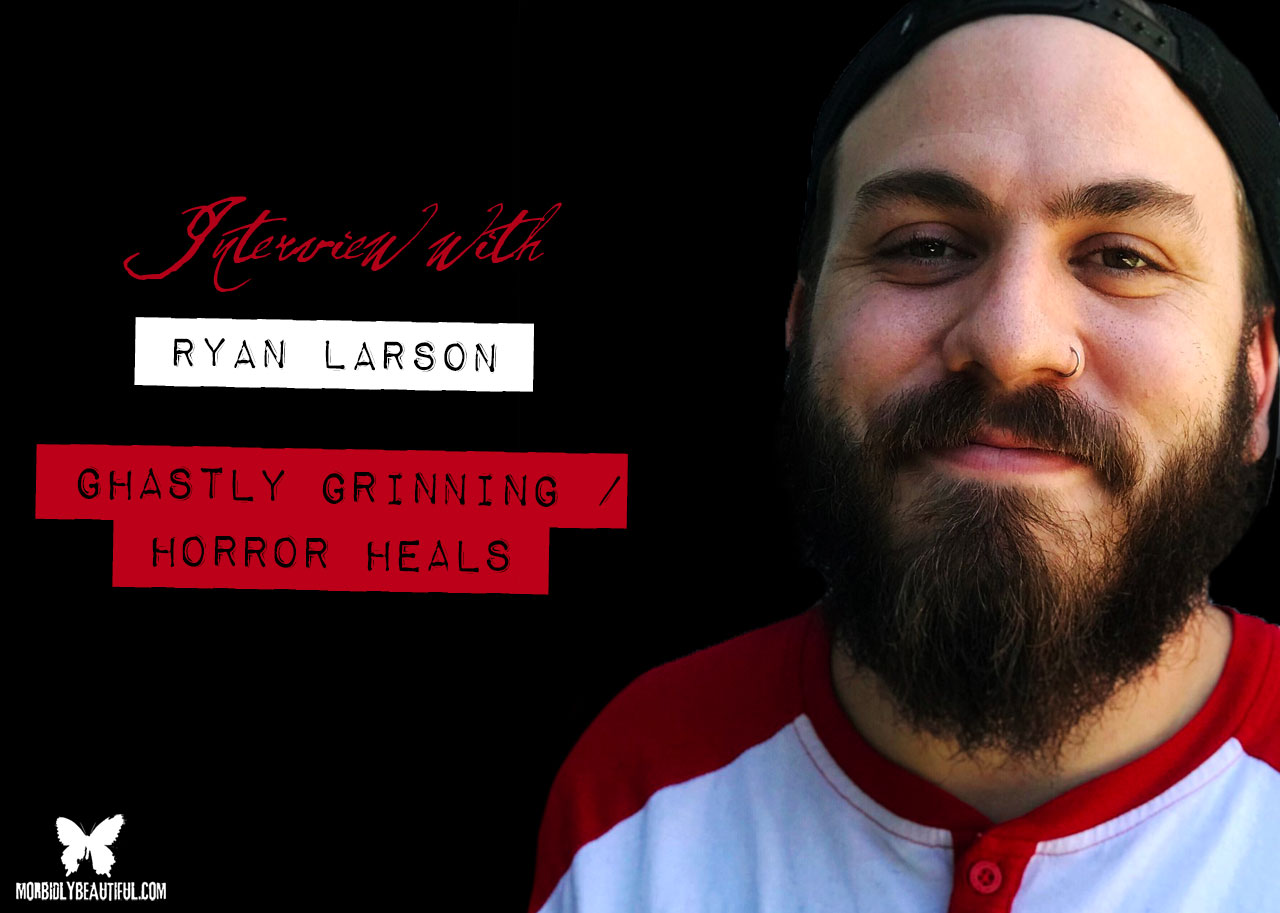
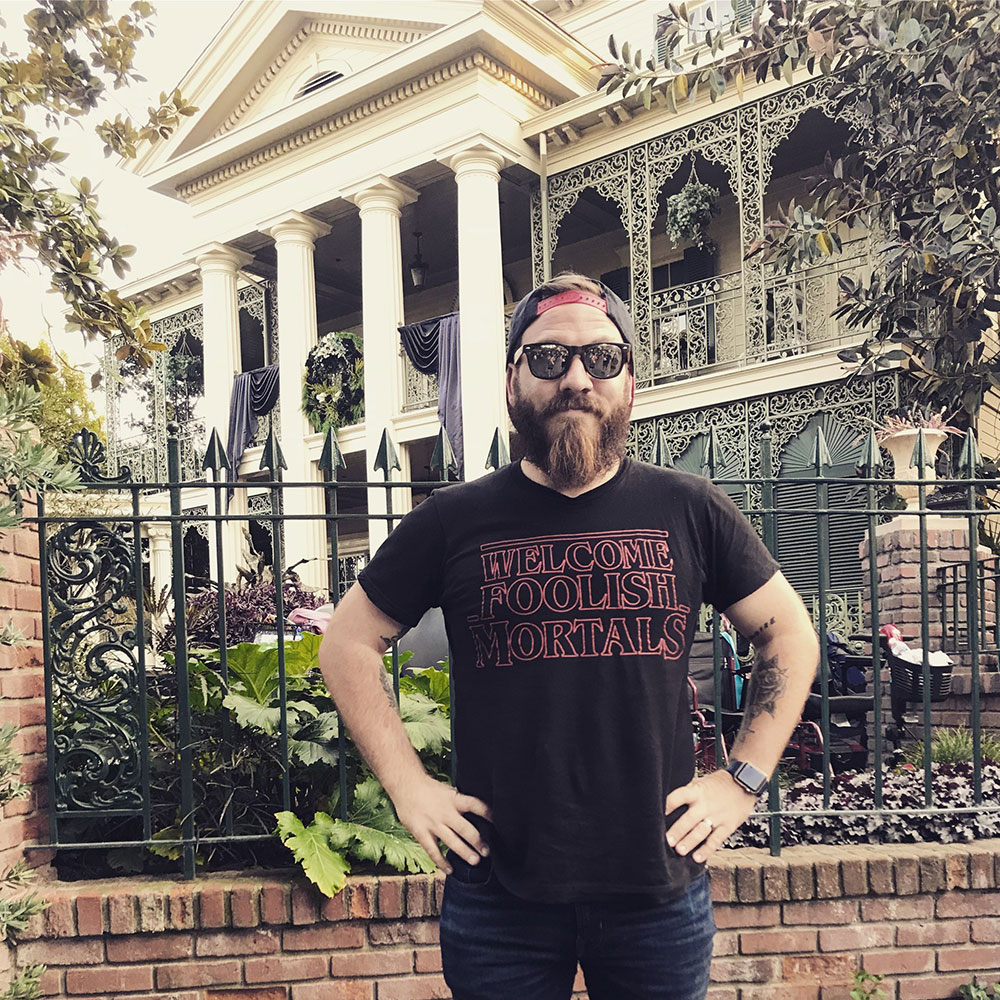
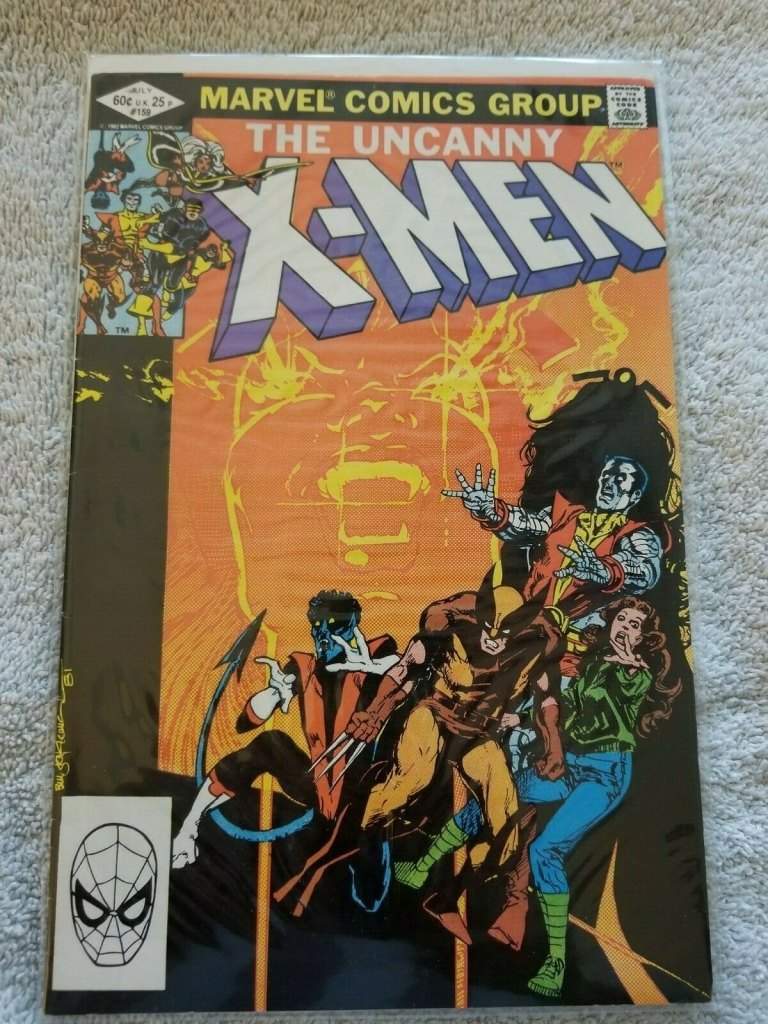
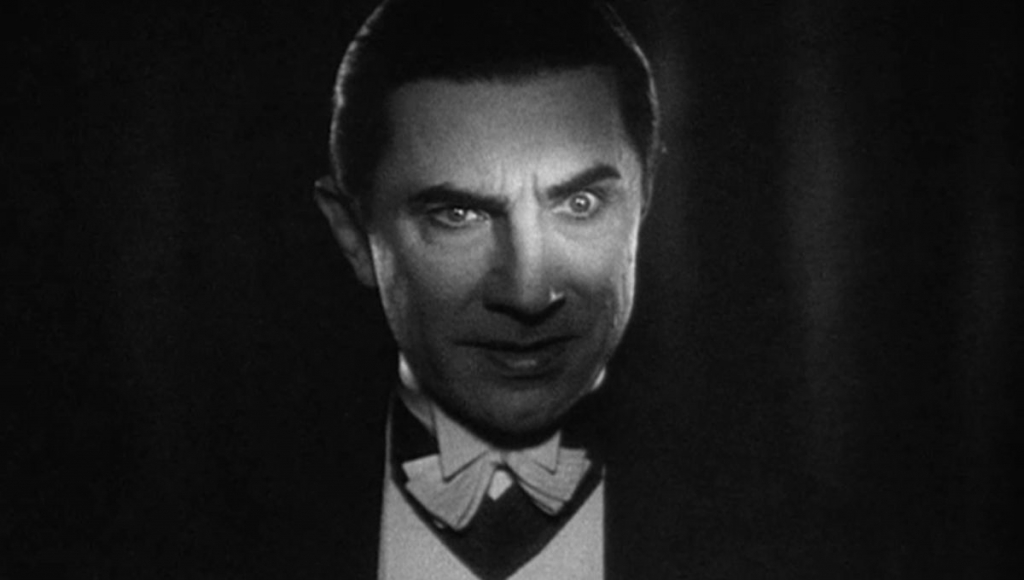
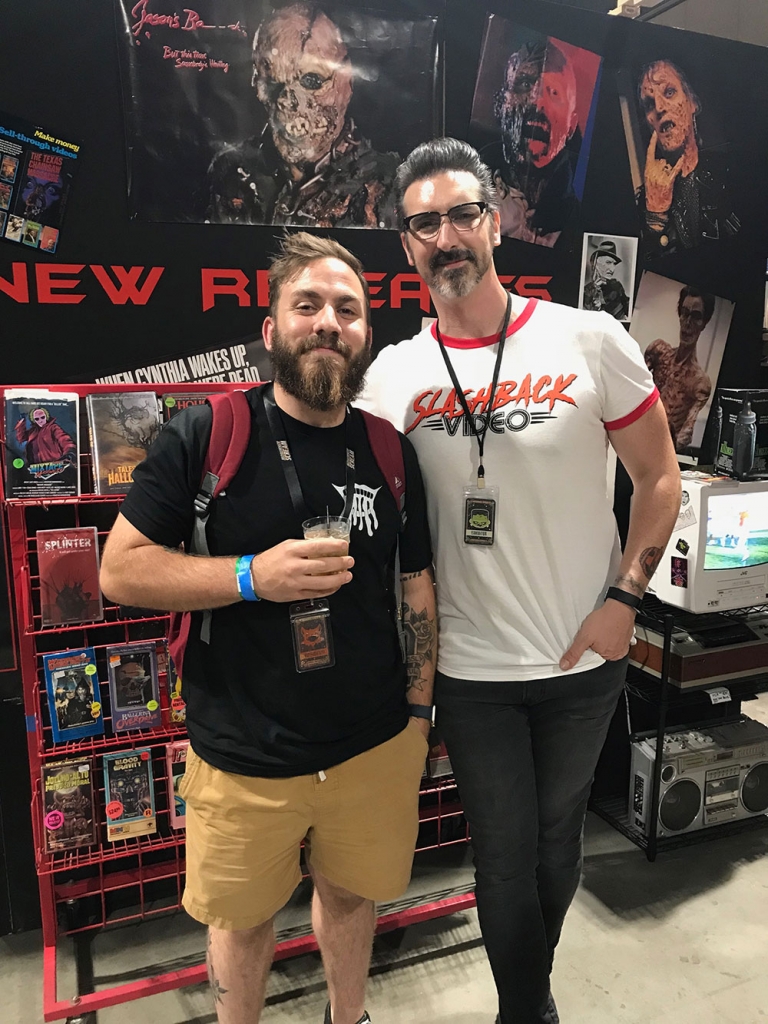
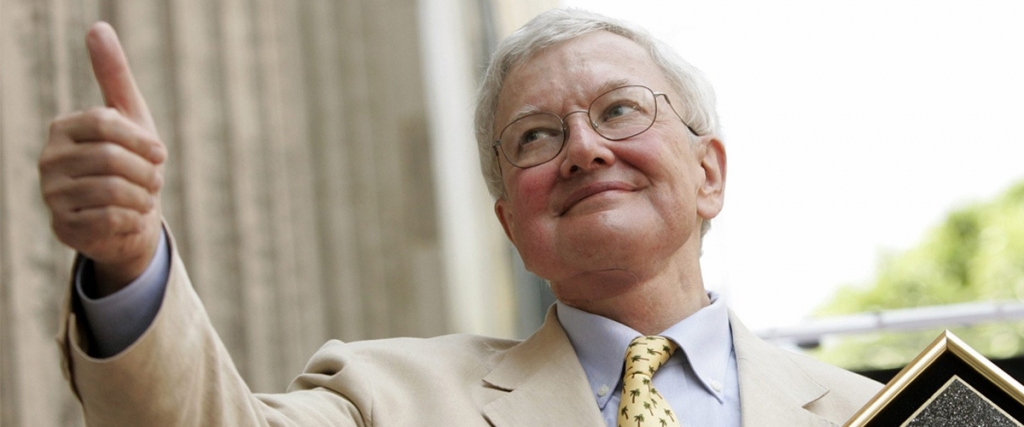

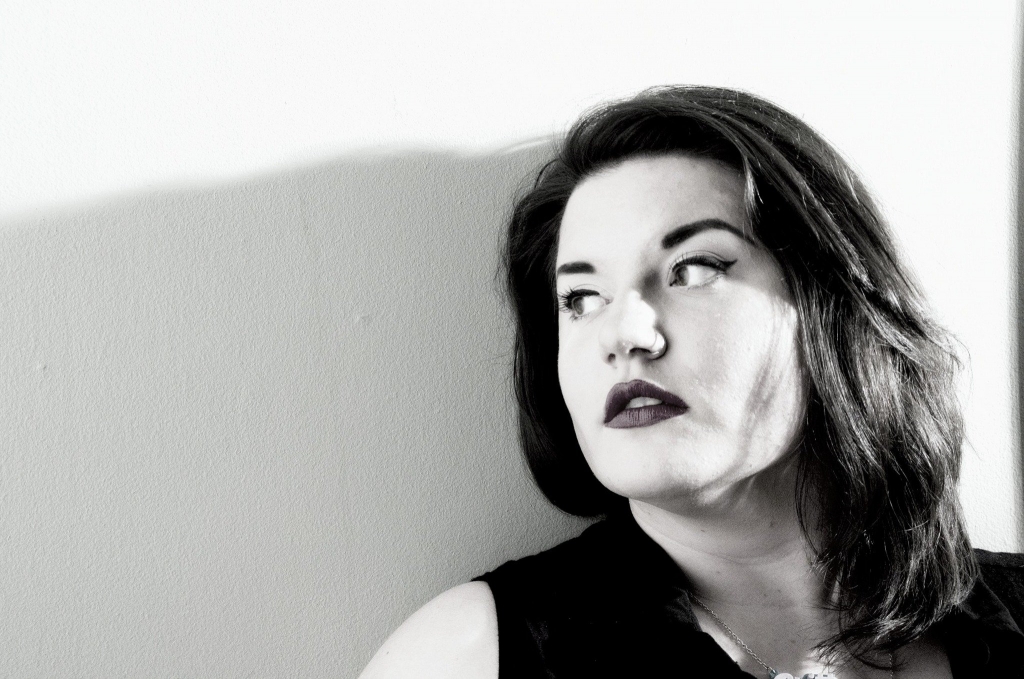

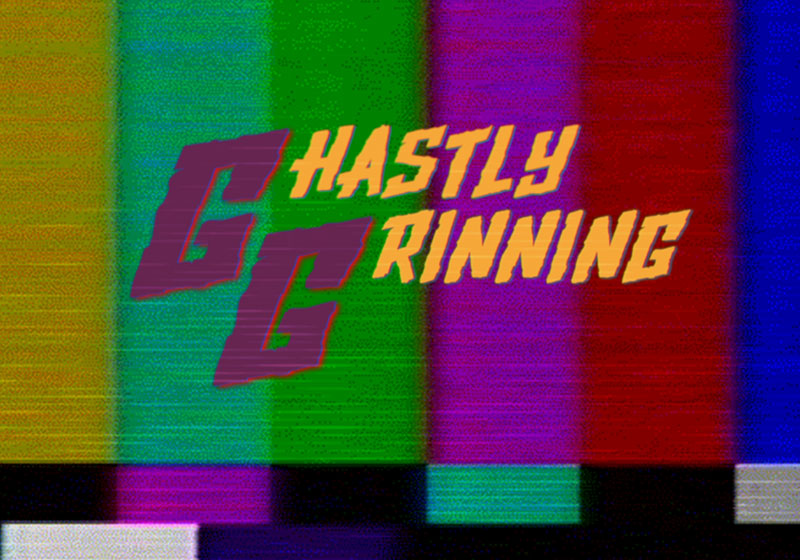
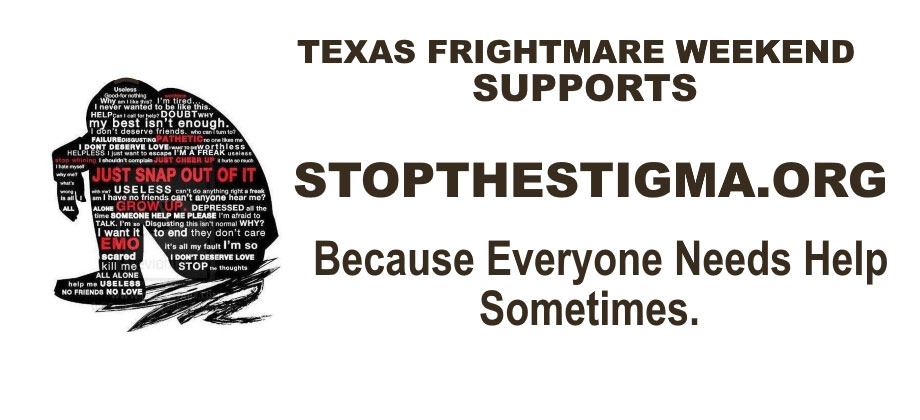
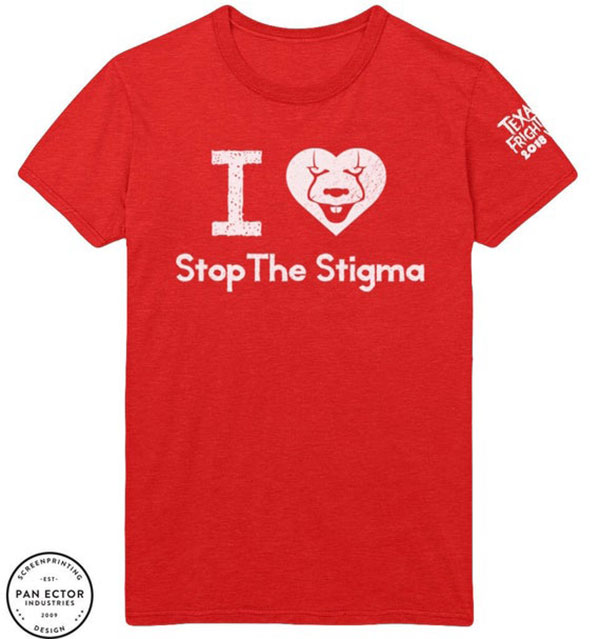

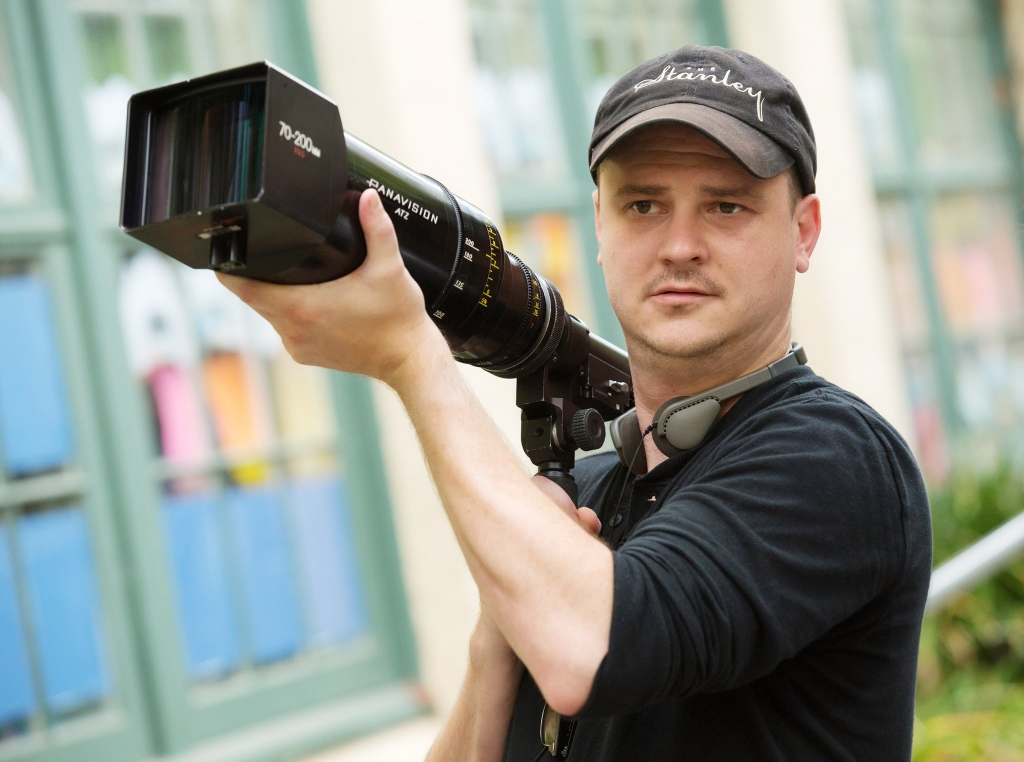
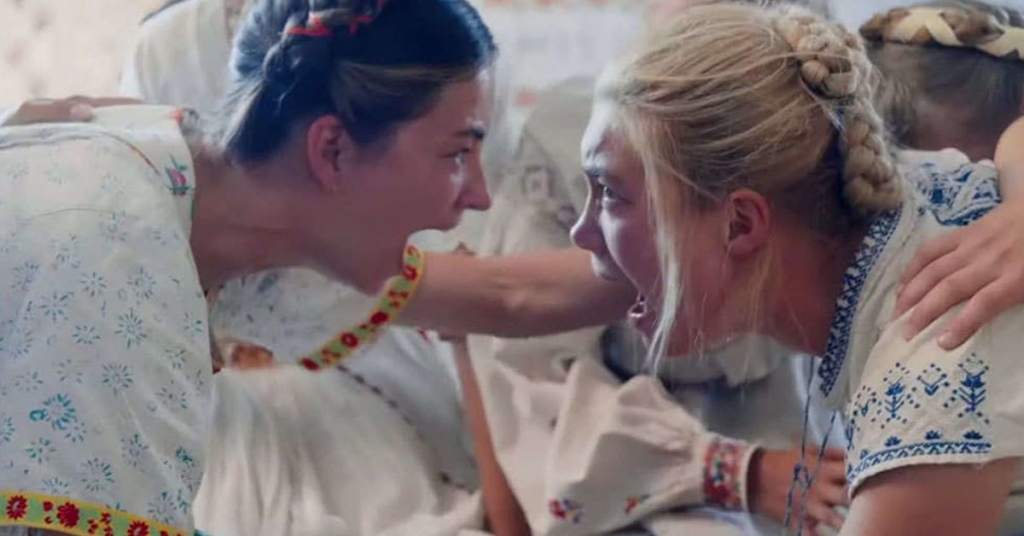
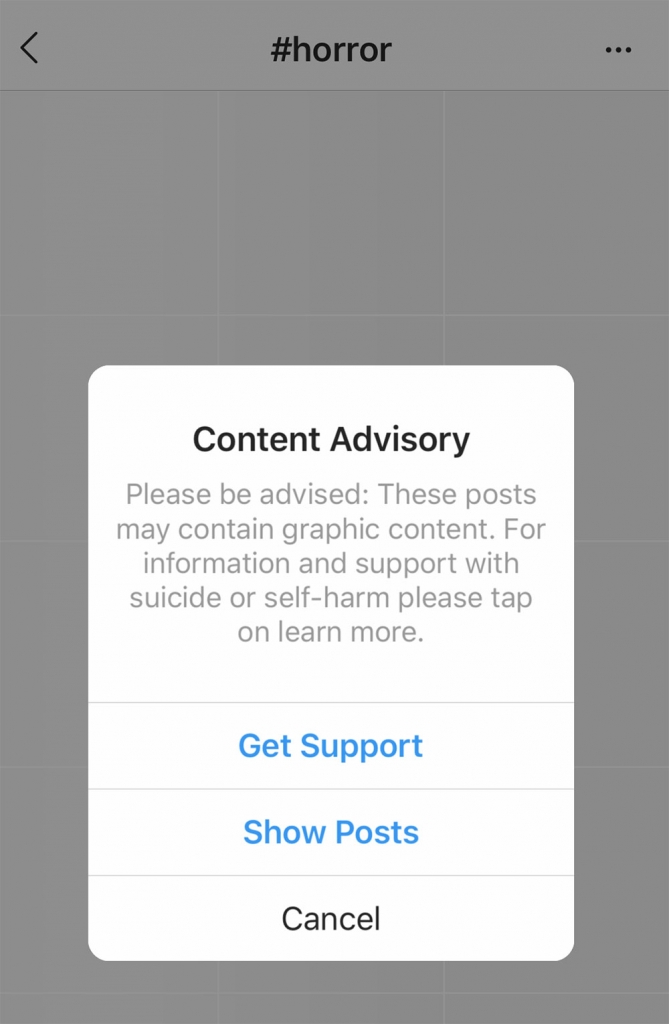
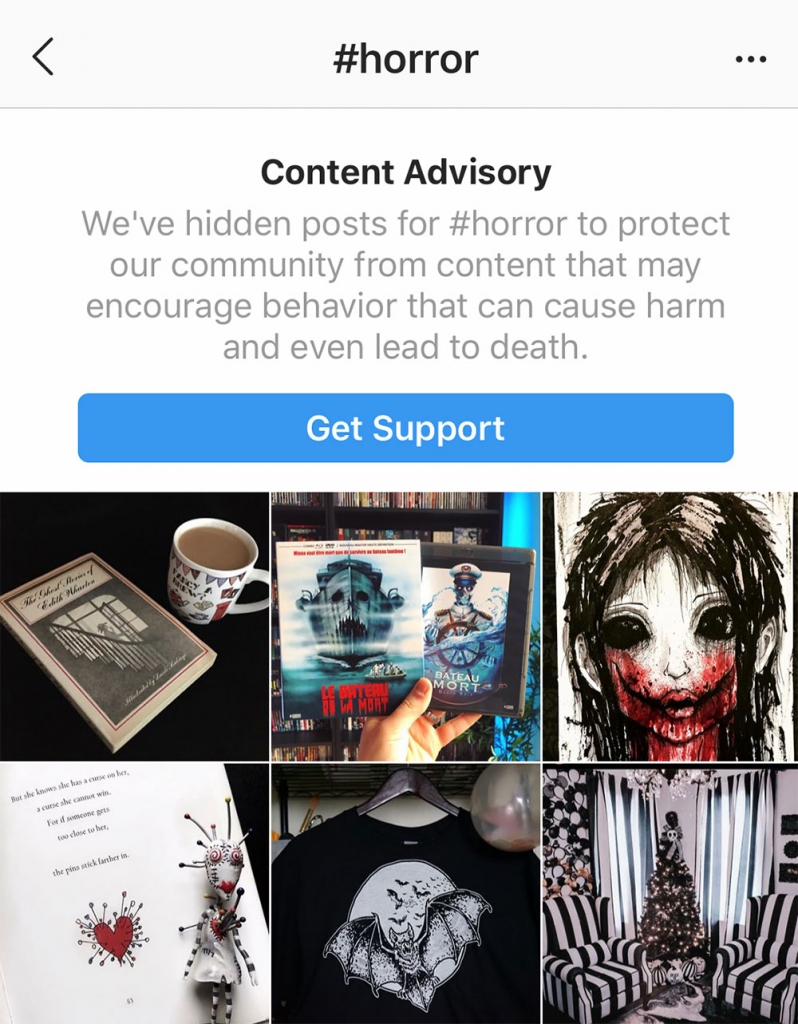
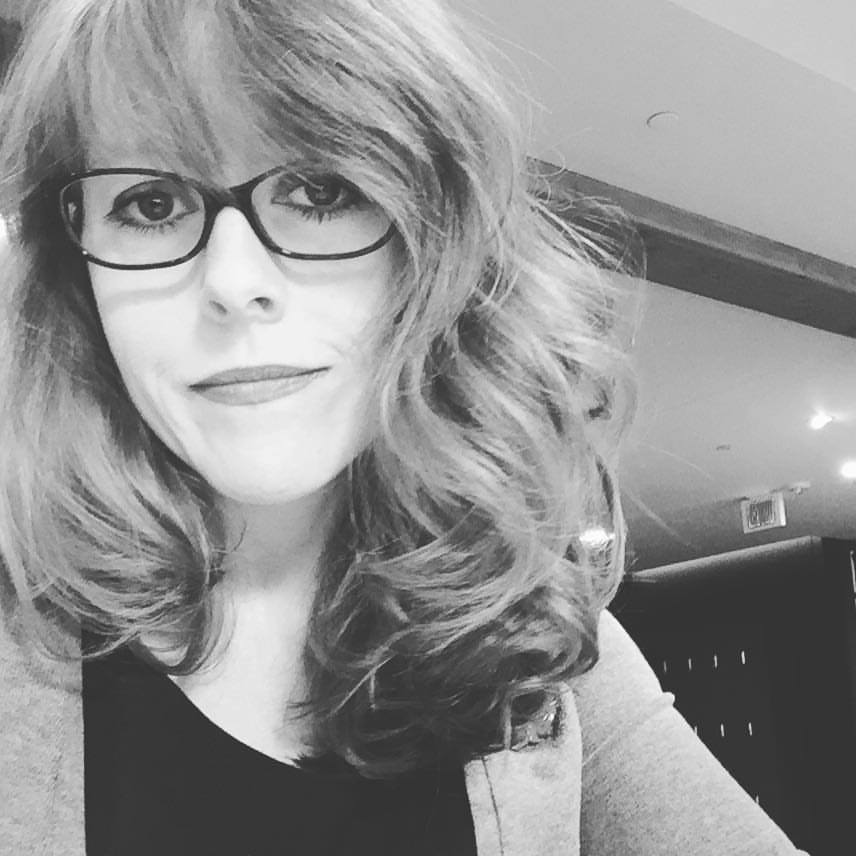
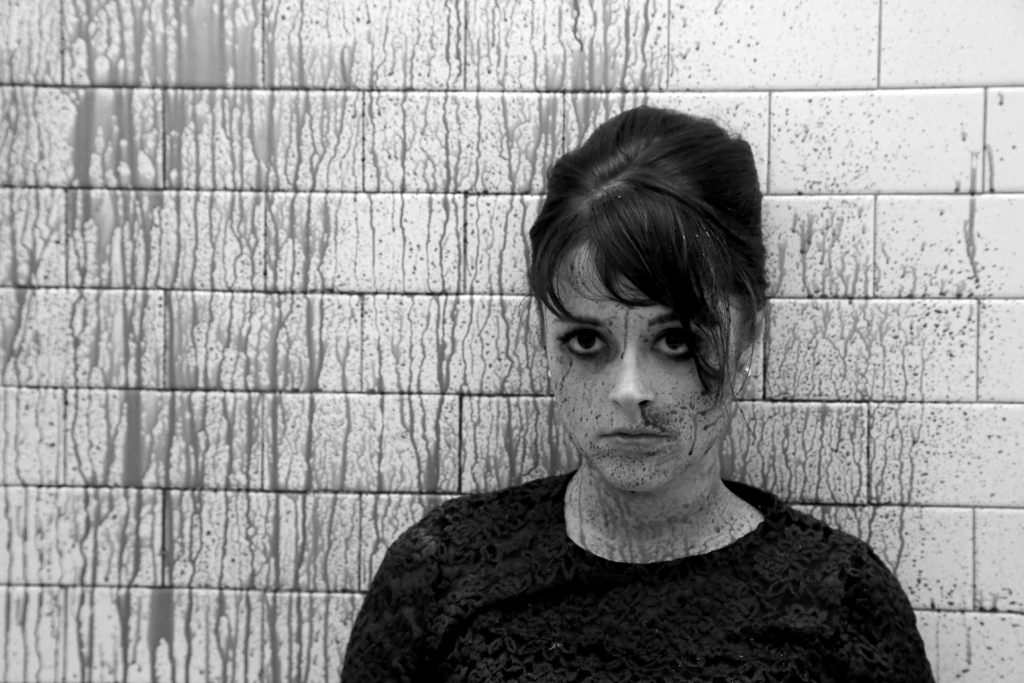
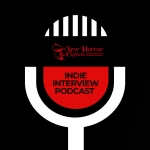

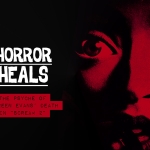
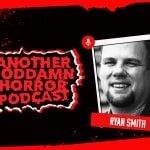




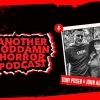
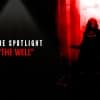
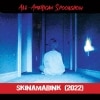
Follow Us!